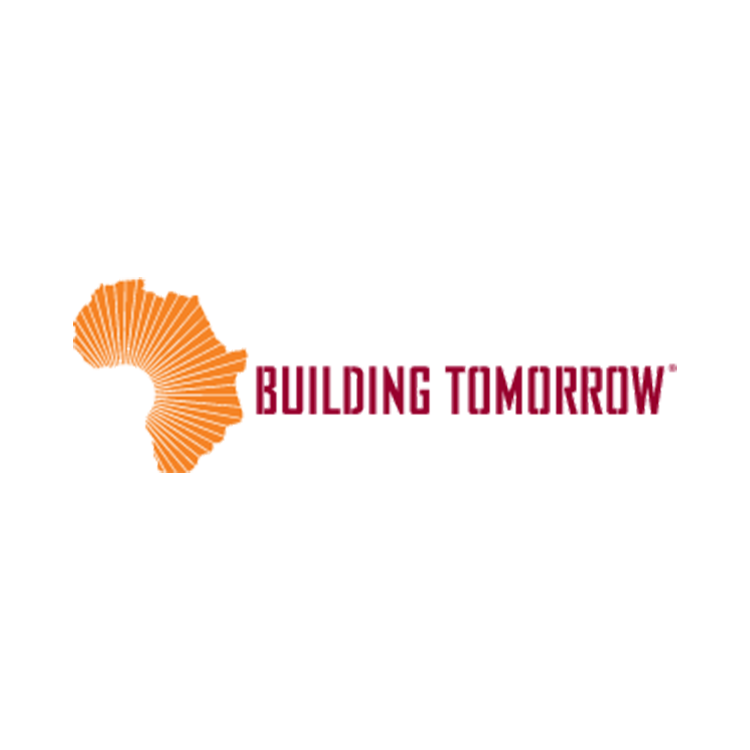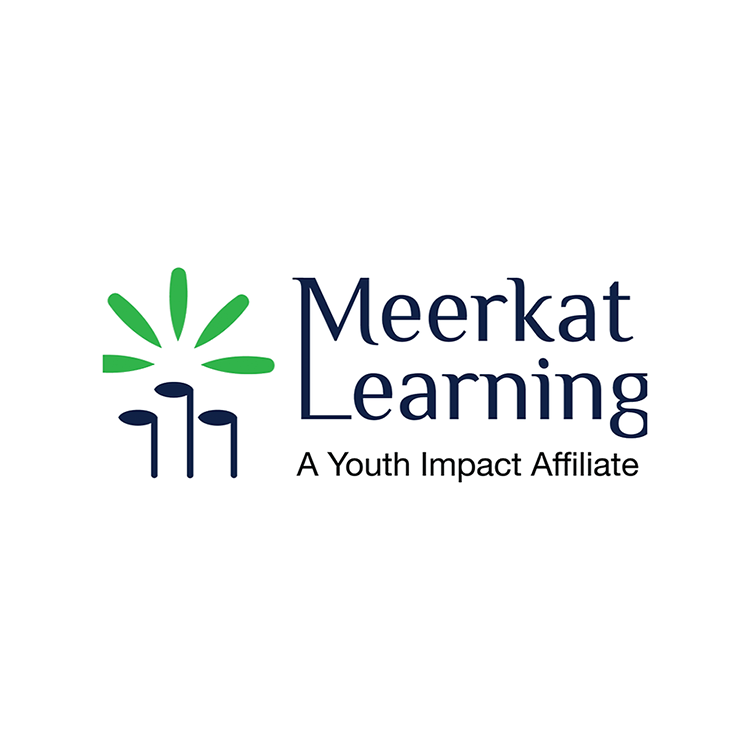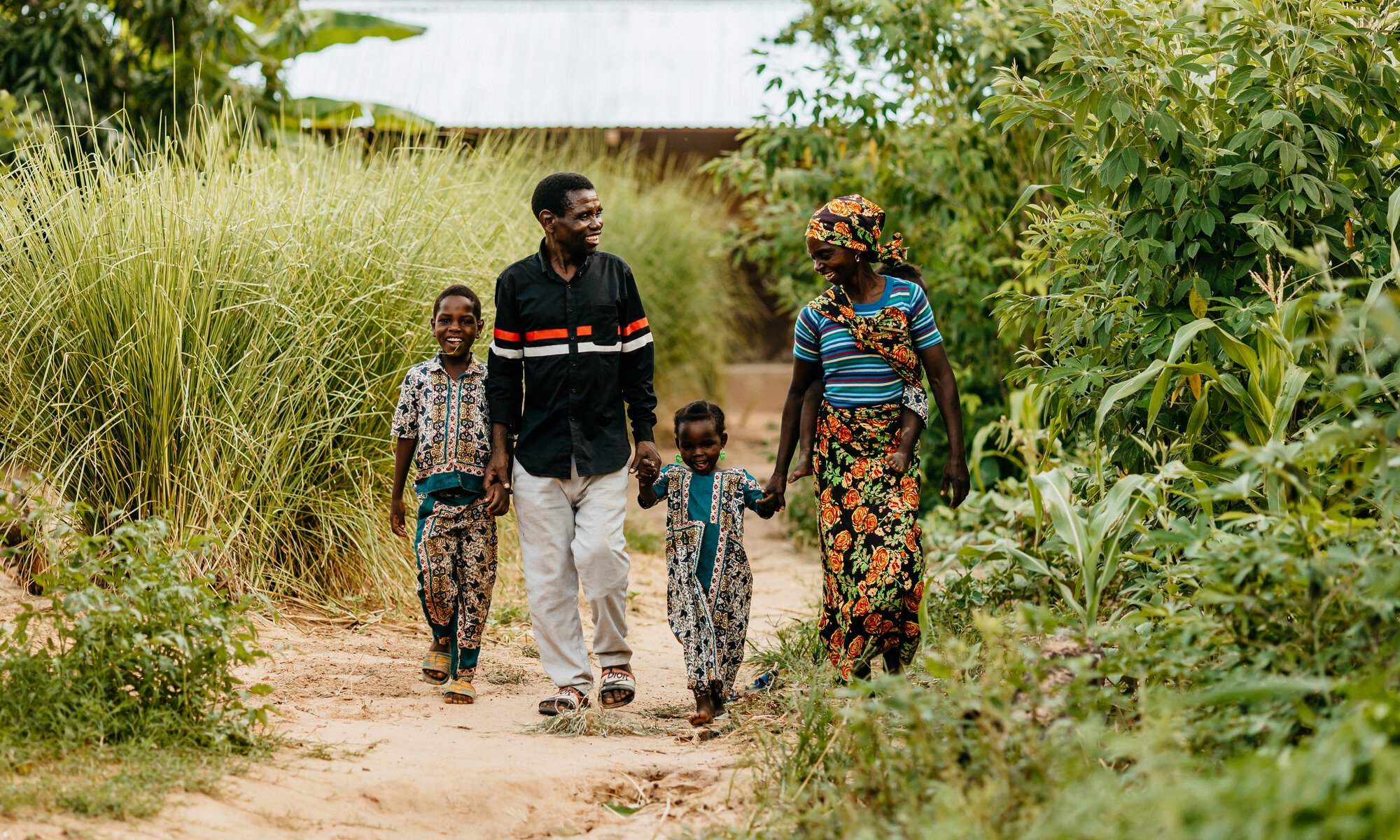Explore the portfolio
The uBoraBora portfolio centers three fundamental implementation challenges: greater efficiencies, adaptation, effectiveness & uptake.
Building Tomorrow
Mastering Comprehension: How to optimize curriculum for older learners?
Building Tomorrow’s flagship program Roots to Rise builds on the Teaching at the Right Level methodology by contextualizing it to the Ugandan context. Roots to Rise delivers community-powered literacy and numeracy lessons for P1-P5 learners, integrating Universal Design for Learning and social-emotional learning pedagogies to be inclusive and responsive.
All strands of learners show literacy and numeracy growth through Roots to Rise, but as the program continues to scale, Building Tomorrow is investigating how to optimize delivery for P4-5 learners, who require higher-order comprehension skills to reach minimum proficiency levels?
To develop testable solutions to maximize impact for these older learners, the team will be exploring program elements such as curriculum support, time of instruction, and what optimum facilitator upskilling should look like.
“We've mapped our program to the Global Proficiency Framework and looked at that minimum proficiency learning across our grades. We want to be able to push learners in grade 4 & 5 past that foundational to a functional skill set; thinking about higher order thinking and comprehension.
We want to make sure that 4th and 5th graders are set up for success, that they have the skills they need to stay in school and not just to be consumers of reading and math, but to think and interact in critical ways. We are excited to dive into that.”
Whitney Warren, Chief Education Officer
FHi360
Exploring the Coaching Ecosystem: How to build effective teacher coaching systems in remote contexts?
The Partnership for Learning for All in Nigeria (PLANE) is working to strengthen education systems in Nigeria to improve FLN outcomes across three northern states. As a sector, we have a lot of evidence that shows coaching has proven potential to improve learning outcomes by providing teachers with the support they need to thrive. However, we know a lot less about how the wider coaching ecosystem can provide optimum conditions for coaches to have high impact.
The FHi360 team is investigating what variations to the coaching model would enable more productive and responsive teacher coaching?
They’ll unpack coaches' knowledge and skills alongside teacher perceptions, resourcing, and other systems actors to understand how to cultivate a robust coaching system in low-resource contexts.
“We're looking across the system to see how we can support sustainable systemic improvements in education. There are many different challenges with the coaching system, as it exists now at the systems level, but also in the coach to teacher level.
We're hoping to start off with a bit of qualitative research and some larger scale surveys to help us narrow down some possible variations to the coaching system, and then, later on in the year, test out a couple of variations to see what might work.”
Emily Koester, Literacy Technical Advisor
Impact Network
Scaling Sounds: How to adapt phonics programs to new school contexts?
Read Smart is an explicit phonics program that employs a phased approach to teach sound-spelling relationships systematically. The program harnesses evidence on how students learn to read, with a particular focus on students who lack exposure to print in rural settings.
The Impact Network team are scaling Read Smart into new government schools and are exploring how to adapt the phonics program to be successfully implemented in government schools?
Their research hopes to identify the key variables that affect successful implementation of the program as it scales. They will explore different blends of training and coaching to understand the ingredients needed to drive uptake and buy-in from teachers.
“Read Smart is an explicit phonics program to boost literacy outcomes for grade 1 and grade 2 students. We are expanding into additional schools with government teachers. Our main challenge is effectively implementing Read Smart in a new setting and ensuring a strong uptake.
We want to better understand the challenges for government teachers implementing this program so that we can be clear around pathways to scale this effectively. The goal for this project is to implement different training methodologies, monitoring frequencies and coaching strategies to see what drives uptake and buy in from government teachers.”
Promise Makala, Head of Academics
Justice Rising
Building impactful habits: How to increase uptake of teacher guides?
Chalkboard guides are one-page, structured lesson guides that support teachers to deliver high-quality lessons in protracted conflict settings. The guides integrate established evidence on the science of learning. They focus on the ‘I do, we do, you do’ approach to ensure students get much needed scaffolding and independent practice.
Justice Rising is now looking for more evidence to understand factors that drive teacher uptake of the guides and habit formation over time. The research will uncover more about how to shape both introductory training and school-based alternatives to coaching structures?
This research will explore how to implement adoptable and sustainable support mechanisms that help teachers to have the biggest impact in their classrooms.
“We try to make life as easy as possible for teachers teaching in protracted conflict settings. Our Chalkboard Guides are well received and well adopted within our own network. Our aim is to see how we get teachers adoption of key instructional strategies embedded over time as we scale. The chalkboard guides don’t include a lot of coaching due to the logistical challenges in protracted conflict settings. So our key question is how can we rework our introductory training to make it more effective and also to integrate school based alternatives to coaching structures.”
Narine Vlotman, Education Program Manager
Meerkat Learning
Coaching at scale: How to boost TaRL uptake through remote instructional coaching?
Meerkat Learning partners with the ministry to implement Teaching at the Right Level (TaRL) across Namibia. As they scale further, the team is interested in finding out how best to provide FLN instructional coaching, particularly in settings where the ratio of educational officers to teachers is low.
There is lots of existing evidence on the challenges teachers face when adopting new pedagogies including initial increase in workload and decrease in confidence. To overcome these challenges, the team is looking to generate more evidence on how education officers can provide high-quality remote support to teachers?
A/B testing will be used to test different adaptations to see what has the most impact on teacher behavior and uptake of TaRL practices. Potential hypotheses for testing will be narrowed down, but could include group-coaching calls, peer coaching, structured call scripts or the use of WhatsApp.
“Namibia is one of the least populated countries in the world. We have a lot of great things, but we don't have a lot of people. Our research question is really honing in on this to turn a challenge into a strength. What can we do about these large distances between schools when you're rolling out a program, such as Teaching at the Right Level?
We're really interested in how we give teachers support, that might not be coaching, maybe it will take a different form. Our method is to use A/B testing to test out different strategies and compare the results to identify what's the best approach.”
Angelica Amporo, Country Coordinator TaRL Namibia
Rising Academies
Tuning into teacher guides: How to turn user experience into solutions to improve uptake?
Teacher guides are essential to Rising Academies' curriculum, improving student outcomes when used well. However, about half of the teachers struggle to use them effectively.
This research will dissect the factors that influence teachers behavior and uptake when they use the guides to prepare their lessons. This user experience across schools in Sierra Leone, Ghana and Liberia aims to discover how to maximize the benefit of teacher guides?
Teacher experience is at the heart of this research and will inform the potential solutions to test. This could look like developing communities of practice, creating space for office hours, chatbot delivered nudges or audio/visual resources. These initial hypotheses will soon become testable solutions designed to be scalable and sustainable.
“We've been using structured teacher guides both in our private schools and in partnership schools. We’ve seen evidence that our teacher guides are effective, however we’ve also seen that the impact is uneven. Our coaches go into schools on a weekly basis to observe teachers and give them feedback. Reports from coaches show that some teachers struggle to use the guides effectively.
We know we really need to support teachers to improve their confidence and competence in using the guides so that we can get the most for our students' learning. We’re excited to dig into this with our research across three countries. We’ll learn more about teacher behavior. How and why do they prepare for lessons and what do they do? This research will get into the user experience of the teachers and identify some bright spots.”
Afua Dogbatsey, Head of Partnerships
VVOB
From Insight to Impact: strengthening systems for effective peer-mentoring
In Kasese district, teachers have set up their own peer-mentoring groups to support each other to implement UCatchUp, the contextualized government-led TaRL model implemented through existing government systems, structures and actors. These nascent peer support networks are showing promising signs of improving student outcomes.
VVOB are looking at how to optimize peer-mentoring within the TaRL program? The research will use participatory research methods to understand more about the enabling conditions for these groups to thrive. It will explore the impact of increased support for school leadership teams, and the use of social norms to craft positive group identities.
The end goal is to co-create effective mentoring systems with teachers that can be integrated smoothly into the government's scalable model of TaRL to increase teacher effectiveness and wellbeing.
“We've discovered that at the school level teachers have already established some peer support networks to facilitate learning during uCatchUp implementation.
We’re hoping to understand the different peer mentoring structures that already exist at the school level, and then to test out the different modalities of these, together with the teachers. Then we'll review the findings from that with the government partners, from the Ministry of Education and Sports and the district local governments. We want to find a strong modality that emerges that we can then use to inform scaling efforts.”
Kakula Wandi, Strategic Education Advisor















